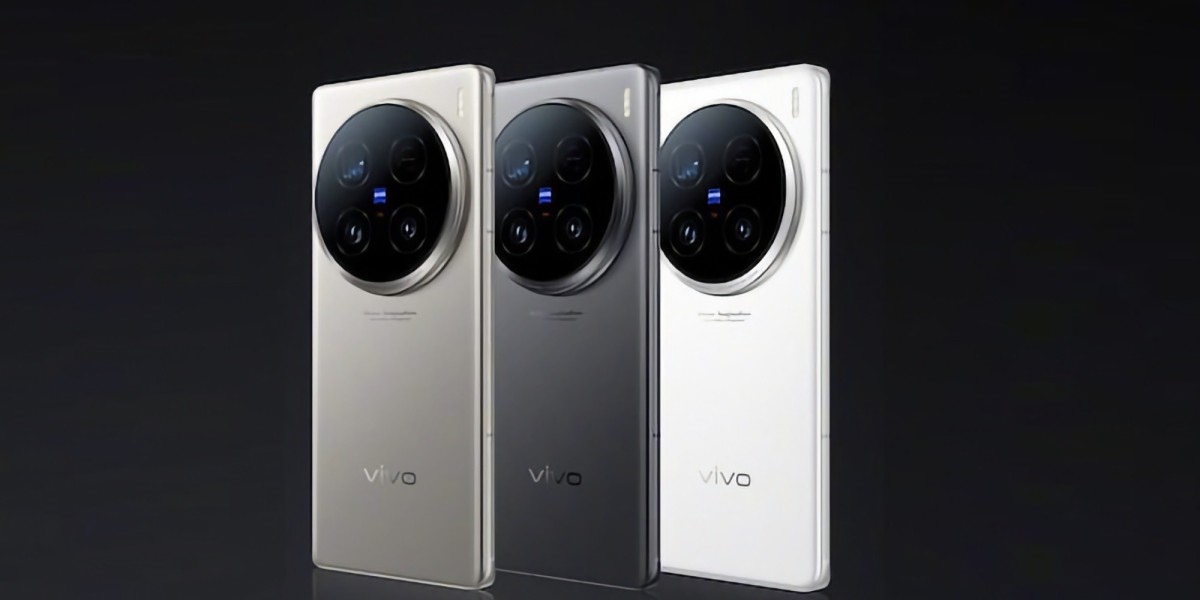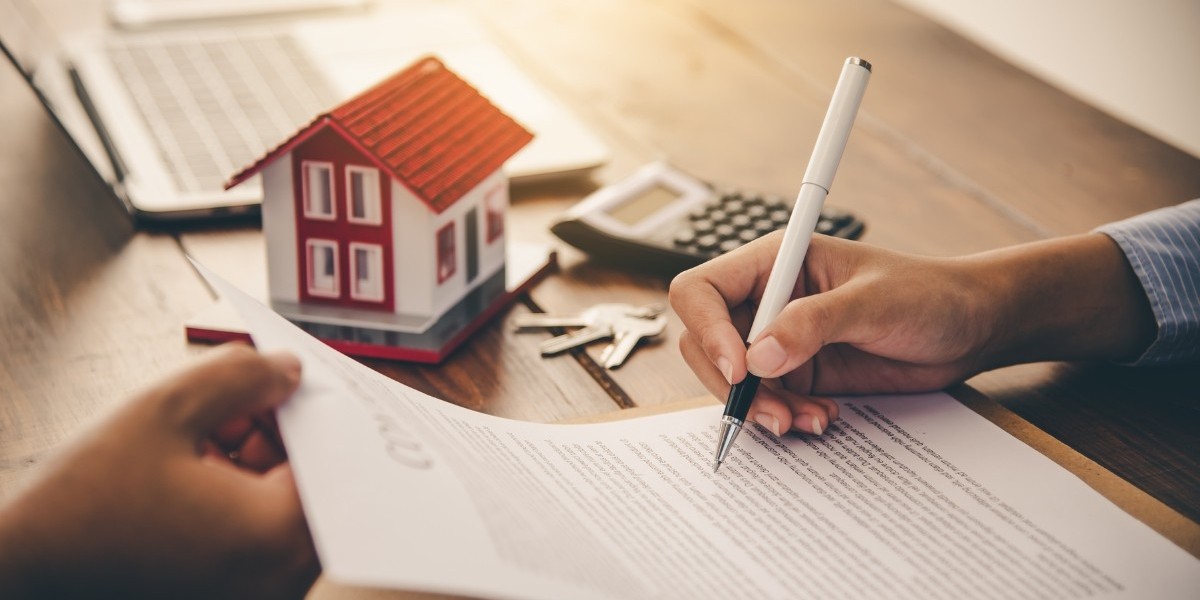In today's digital age, social media has become a ubiquitous presence in our lives, influencing various aspects of our daily routines, including sleep. While social media platforms provide a space for connection and information sharing, excessive usage can lead to sleep disruption and insomnia. This article explores the intricate relationship between social media usage, screen time, and sleep quality, examining the mechanisms at play and offering strategies for healthier engagement with technology.
---
Understanding Insomnia and Sleep Disruption
What Is Insomnia?
Insomnia is characterized by difficulties in falling asleep, staying asleep, or waking up too early,resulting in non-restorative sleep. It can be classified as acute (short-term) or chronic (occurring at least three times a week for three months or longer). Insomnia can have significant implications for physical health, mental well-being, and overall quality of life.
Common symptoms of insomnia include:
- Difficulty falling asleep or staying asleep
- Waking up too early and not being able to go back to sleep
- Feeling tired or unrefreshed upon waking
- Difficulty concentrating or remembering things during the day
---
The Role of Social Media in Sleep Disruption
Increased Screen Time
The rise of social media has contributed to an increase in screen time, with many individuals spending several hours a day on various platforms. This excessive screen time often occurs in the evening, encroaching on valuable hours of sleep. Studies have shown that increased screen time correlates with higher rates of insomnia, particularly among adolescents and young adults.
Exposure to Blue Light
One of the primary culprits behind sleep disruption linked to social media usage is blue light exposure. Many digital devices, including smartphones, tablets, and laptops, emit blue light, which can interfere with the body's natural circadian rhythms. Exposure to blue light in the evening suppresses melatonin production, the hormone responsible for regulating sleep. This disruption can make it more challenging to fall asleep and maintain a restful sleep cycle.
---
Psychological and Emotional Factors
Social Media Engagement and Anxiety
Social media platforms often foster a culture of comparison, where users may feel pressured to present a curated version of their lives. This pressure can lead to anxiety, stress, and feelings of inadequacy. When individuals engage in social media late at night, they may be more susceptible to negative emotions, which can further contribute to insomnia. The "fear of missing out" (FOMO) can also keep users glued to their screens, disrupting their sleep schedules.
Information Overload
Social media is a constant stream of information, news, and updates. For many users, scrolling through feeds can lead to cognitive overload, making it difficult to unwind and prepare for sleep. The barrage of notifications and alerts can create a sense of urgency, prompting individuals to stay engaged rather than prioritizing sleep.
---
Impact on Sleep Quality
The consequences of excessive social media usage and screen time extend beyond the inability to fall asleep. Insomnia can lead to several negative outcomes, including:
Physical Health Implications
Chronic insomnia is associated with a range of physical health issues, including obesity, diabetes, cardiovascular diseases, and weakened immune function. Sleep is essential for the body's restorative processes, and prolonged sleep disruption can compromise overall health.
Mental Health Consequences
The relationship between sleep and mental health is well established. Insomnia can exacerbate symptoms of anxiety and depression, creating a vicious cycle where poor sleep worsens mental health, leading to further sleep disturbances. Individuals may find themselves trapped in a loop of sleeplessness and emotional distress.
Cognitive Impairment
Sleep deprivation significantly impacts cognitive functions, including attention, memory, and decision-making. Individuals with insomnia may struggle to concentrate, retain information, and make sound judgments, which can affect performance at work or school.
---
Strategies for Healthy Social Media Use
Recognizing the potential impact of social media on sleep is crucial for promoting healthier habits. Here are several strategies for managing social media usage to support better sleep quality:
Set Boundaries Around Screen Time
Establishing clear boundaries for social media usage can help reduce excessive screen time. Consider implementing a "digital curfew" by setting a specific time each evening to disconnect from social media and electronic devices. Aim for at least an hour of screen-free time before bed to promote relaxation and prepare the body for sleep.
Limit Exposure to Blue Light
Many devices now offer blue light filters or night mode settings that reduce blue light emission in the evening. Enable these settings on your devices to help mitigate the impact of blue light on melatonin production. Additionally, consider using blue light-blocking glasses if you must use devices in the evening.
Engage in Relaxing Pre-Sleep Activities
Instead of scrolling through social media before bed, engage in calming activities that promote relaxation. Reading a book, practicing mindfulness or meditation, taking a warm bath, or engaging in gentle stretching can help signal to your body that it is time to wind down.
Practice Mindful Social Media Use
Being mindful of how social media makes you feel can help you make more intentional choices about your usage. Take note of the emotions that arise while scrolling through feeds. If you notice increased anxiety or stress, consider taking breaks or unfollowing accounts that negatively impact your well-being.
Create a Sleep-Conducive Environment
Optimize your sleep environment by making your bedroom a sanctuary for rest. Keep the room dark, quiet, and cool, and remove electronic devices that may distract you or disrupt your sleep. Create a consistent bedtime routine that signals to your body that it is time to sleep.
---
Seeking Professional Help
If insomnia persists despite making lifestyle changes, it may be helpful to seek professional support. Sleep specialists and mental health professionals can provide guidance and interventions tailored to individual needs. Cognitive Behavioral Therapy for Insomnia (CBT-I) is an effective treatment approach that addresses the underlying causes of insomnia and helps individuals develop healthier sleep habits.
---
Conclusion
The relationship between social media usage, screen time, and sleep disruption is complex and multifaceted. While social media can foster connection and community, excessive use can lead to insomnia and various negative health outcomes. By understanding the impact of social media on sleep and implementing strategies to promote healthier habits, individuals can take proactive steps to improve their sleep quality. Prioritizing sleep is essential for physical and mental well-being, and creating a balanced approach to technology use is a crucial step in achieving restful and restorative sleep.









